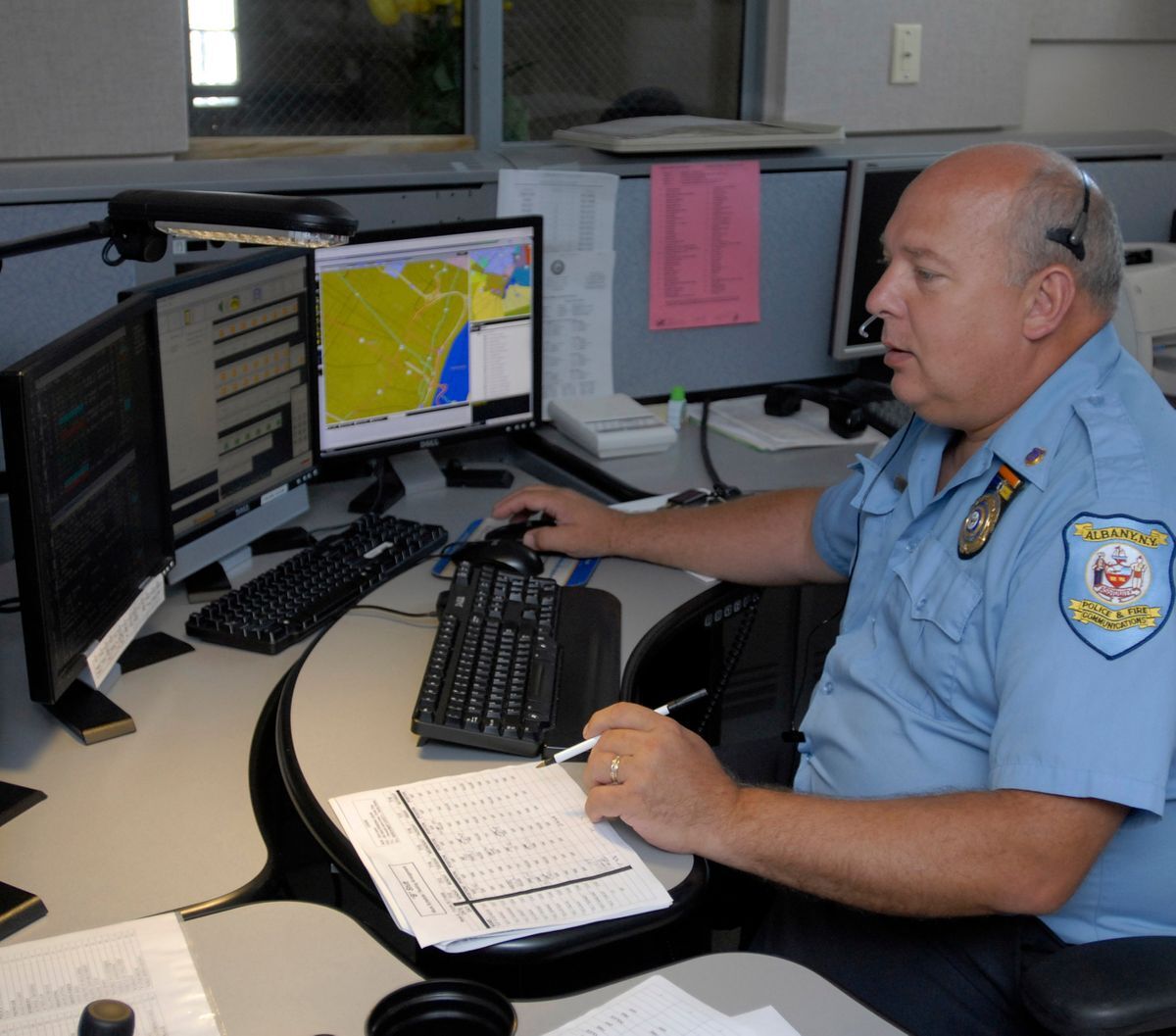Officer Dave Stiak of the Cook County Sheriff’s Office faced an unexpected and critical situation in Lemont, Illinois, a Chicago suburb. During a patrol in February, he and his partner received calls about a man standing outside the safety railing of a bridge, seemingly ready to jump. Stiak approached cautiously, aiming not to startle the man, and tried to console him While this incident ended well, Stiak acknowledged that police officers are not best suited to handle individuals in crisis. “They don’t train you specifically to talk someone off a bridge. It’s not a police thing,” he admitted.
New Ways to De-Escalate Mental Health Crises
The encounter underscored the need for better methods to handle mental health crises, leading cities nationwide to experiment with innovative solutions. After the incident, Stiak provided the man with contact information for the Cook County Sheriff’s Office Treatment Response Team, which offers 24/7 support during or after mental health calls.

The Treatment Response Team’s Co-Responder Virtual Assistance Program (CVAP), launched in late 2020, uses technology to connect clinicians with those in crisis via Zoom. This virtual presence allows officers to bring mental health professionals into the field without exposing them to potential dangers.
Success Stories and Impact
Elli Montgomery, executive director of the Treatment Response Team, recalled the program’s first success story involving a man with bipolar disorder, who was off his medication and exhibiting self-harming behavior. Despite initial resistance, a sergeant gave the man a tablet, enabling Montgomery to speak with him. Eventually, she convinced him to walk to the ambulance voluntarily, avoiding the need for physical force.
The CVAP has proven effective in reducing violent outcomes. According to a CBS News analysis of 911 data, Cook County received over 1,000 calls for suicidal subjects and more than 1,300 well-being checks since 2020. The risk of being killed during a law enforcement encounter is 16 times higher for individuals with untreated serious mental illness, highlighting the importance of appropriate intervention.
Sheriff Tom Dart emphasized that the majority of 911 calls are mental health-related, not criminal cases. “Sending a police officer with police training to a house is fine if it’s a criminal case. But for mental health-based calls, we’re sending the wrong person,” Dart said.
A Model for the Future
Emily Dahl, a single mother with bipolar disorder, has experienced multiple police encounters during manic episodes. She believes that having virtual access to mental health professionals could have prevented some of these physical confrontations. “When you’re in fight or flight, you can’t reason with somebody in that state,” Dahl explained. “We need clinicians properly trained to de-escalate.”
The CVAP, with only 12 employees, covers 31 suburban police departments, serving around 791,000 residents at an annual cost of $1.2 million. An in-person model would require over 130 staffers and cost approximately $12.9 million annually. “We can’t predict mental health emergencies,” Montgomery noted. “So why put a salaried employee in a car that might not engage with anyone for eight or ten hours?”

Sheriff Dart is confident that the program can be successful anywhere. “Success is getting the right services to the right people right away, not theoretically down the road, but right now,” he stated. The CVAP represents a promising approach to addressing the complexities of mental health crises, ensuring safer and more effective interventions.
